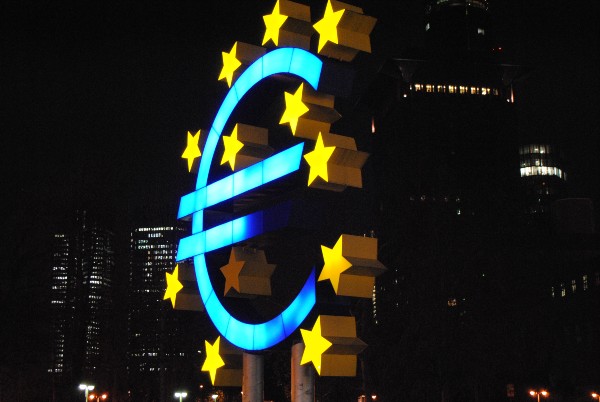
The recession in the Eurozone economy has accelerated
By Sergey Manukov
The sharp decline in manufacturing in the euro area seems to have begun to spread to the services sector. The business activity index (PMI) in this area from S & P Global collapsed in August by 1.6 points and now stands at only 47, while Dow Jones economists forecast at 48.8. A PMI below 50 indicates a recession in the economy. The lower the index, the stronger, of course, the decline.
There has not been such a low business activity index in the single European currency area since November 2020. Remember, that was the height of the coronavirus pandemic. If we exclude the pandemic, which, of course, was a force majeure, then the August data is the worst since April 2013.
"PMI analysis suggests that in the third quarter, the eurozone is waiting for a decline of 0.2%," Cyrus de la Rubia, chief economist at Hamburg Commercial Bank, was quoted by AFP as saying.
In the first quarter, the eurozone economy added 0.1%, and in the second - 0.3%.
Data on the services sector of the 20 EU countries whose currency is the euro show that this sector experienced a decline in August. By the way, the first in eight months.
The troubles of the eurozone are also reinforced by the fact that the recession is now observed in the largest economies of the united Europe: Germany and France.
“German companies are reducing production much faster than French companies,” emphasizes de la Rubia. “This will further increase the talk about the “disease” of Germany, for which is now increasingly called the sick man of Europe. The pressure on the eurozone economy in August is mainly a consequence of the transition of the German service sector from growth to a very rapid decline.
Indeed, the data for Europe's main economy is disheartening. Most likely, according to analysts of the German central bank - Bundesbank, the sluggish German economy will again stagnate in the third quarter. Germany's top bank is far from the only one predicting hard times for Germany. Suffice it to say that the International Monetary Fund believes that Germany will be the only one among the major developed economies, which will face a recession by the end of 2023.
The disappointing data on the eurozone business activity index will most likely be paid close attention to by the leadership of the main European bank, the ECB, when it decides in September whether to continue raising the discount rate in the fight against high inflation. After such a strong decline in PMI, de la Rubia believes it will be more difficult for Christine Lagarde and her assistants to pause.
In July, inflation in the euro area was 5.3%. Recall that the ECB has set the task to bring it to 2%.
“The economy has cooled significantly,” said Bert Colijn, senior eurozone economist at ING, “but the hawks on the ECB's board are unlikely to resist the temptation to raise the discount rate again. The pressure from rising wages is now turning into inflationary pressure in the services sector.”
This article originally appeared in Russian at expert.ru
